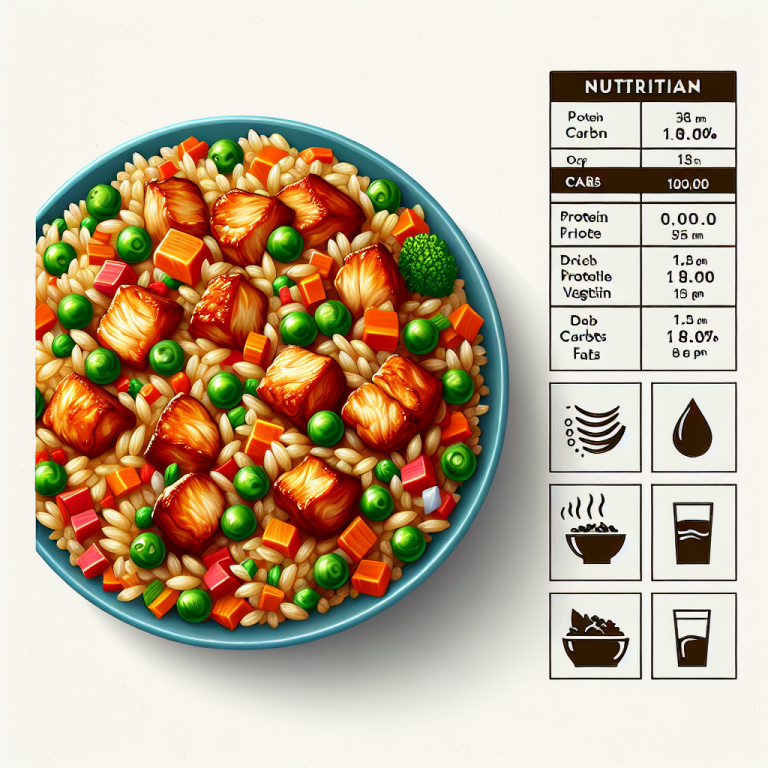Exploring the Calories and Nutrients in Burger King Chicken Fries
Craving a crispy, savory snack? Burger King Chicken Fries might be your go-to choice. These delicious strips of chicken are not only popular for their taste but also for their unique shape and convenience. But what about their nutritional value? Understanding the nutritional content of your favorite fast food can help you make informed dietary…
Craving a crispy, savory snack? Burger King Chicken Fries might be your go-to choice. These delicious strips of chicken are not only popular for their taste but also for their unique shape and convenience. But what about their nutritional value? Understanding the nutritional content of your favorite fast food can help you make informed dietary choices. Let’s take a closer look at the nutritional profile of Burger King Chicken Fries to see how they fit into a balanced diet.
Nutrition Facts
Serving Size 9 pieces (91g)
Amount Per Serving
Calories
280
| Total Fat | 17.00 g | 26% |
| Saturated Fat | 3.0 g | 15% |
| Trans Fat | 0 g | 0% |
| Cholesterol | 35 mg | 12% |
| Sodium | 850 mg | 35% |
| Total Carbohydrate | 19 g | 6% |
| Dietary Fiber | 1 g | 4% |
| Total Sugars | 0 g | 0% |
| Protein | 14 g | 28% |
| Vitamin D | – | 0% |
| Calcium | 20 mg | 2% |
| Iron | 1.5 mg | 8% |
| Potassium | 300 mg | 6% |
* The % Daily Value (DV) tells you how much a nutrient in a serving of food contributes to a daily diet.
2,000 calories a day is used for general nutrition advice.
Nutrient Distribution
Calorie Burn Time
How long would it take to burn off total calories from 100g of Burger King Chicken Fries?
FAQs
Final Words
Burger King Chicken Fries offer a tasty treat with a decent amount of protein, making them a satisfying snack. However, due to their high sodium and fat content, they should be consumed in moderation. When included as part of a balanced diet, they can be enjoyed without compromising your nutritional goals. Remember to balance your meals with plenty of vegetables and whole grains to maintain overall health.


